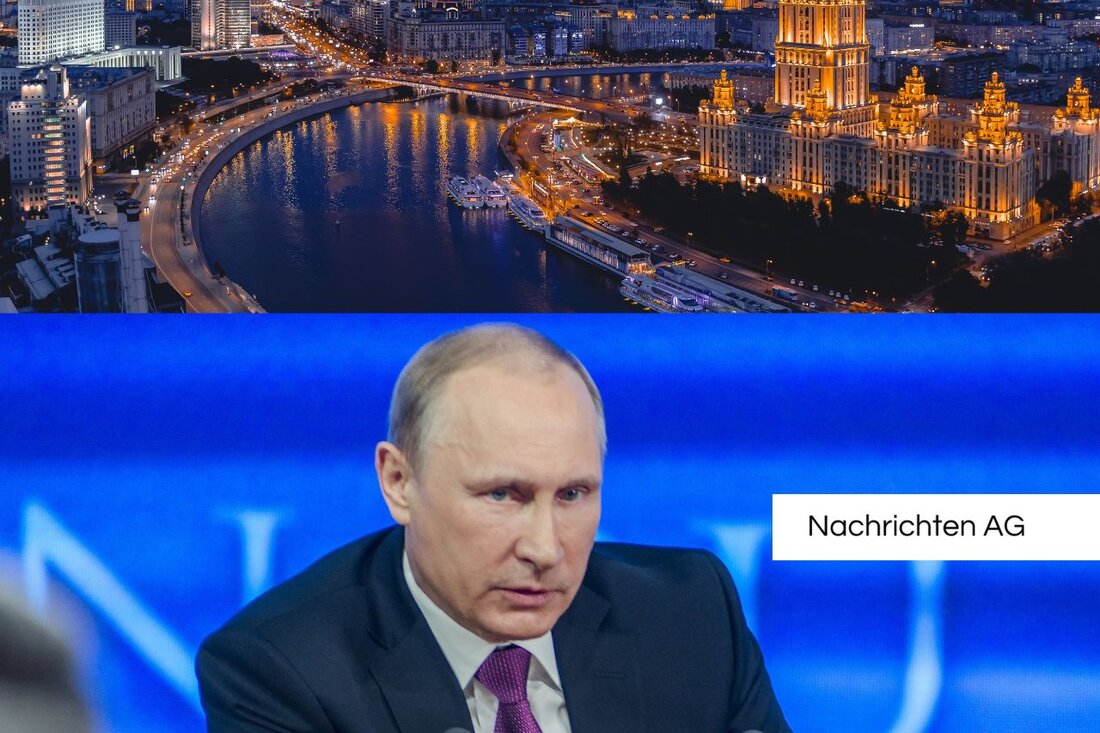Skepticism in Germany: Trust in the USA is dwindling dramatically!
Skepticism in Germany towards the USA is growing as the EU summit discusses security and defense.

Skepticism in Germany: Trust in the USA is dwindling dramatically!
The German population is increasingly skeptical about the United States. Only 10.0 percent of those surveyed are of the opinion that Germany can rely on the USA. This value has fallen drastically compared to 2023, when it was 29.7 percent. This trend is particularly clear within party preferences, as a survey by University of Freiburg shows.
The biggest differences can be seen among the voter groups: only 9.4 percent of the CDU/CSU believe in a reliable partnership, while only 3.8 percent of the SPD share this view. In contrast, 54.1 percent of AfD voters support closer cooperation with the USA, which shows an opposite trend. The numbers also make it clear how different opinions about cooperation with Russia are within the party landscape.
Growing support for European defense initiatives
The debate over military cooperation in Europe is heightened by geopolitical uncertainty. On Thursday, EU states will meet in Brussels for a special summit to discuss a ceasefire in Ukraine and investments in the rearmament of Europe. Against the backdrop of Russian threats and the declining reliability of US allies, Ursula von der Leyen called for the defense to be strengthened. ZDF reports that European countries spent a total of $457 billion on defense in 2024, almost half of the US spending of $968 billion.
A strategic strengthening of military capabilities is particularly necessary with regard to supporting Ukraine. Ronja Kempin from the Science and Politics Foundation emphasizes that Europe is “blind” without the capabilities of the USA. In order to improve your own skills, projects such as the “European Sky Shield Initiative” and the “Elsa” program are already being planned. At the same time, the temporary stationing of US medium-range missiles in Germany from 2026 could be interpreted as part of the response to the threat from Russia.
European security strategy and future challenges
The EU's Common Security and Defense Policy (CSDP) is at the heart of these efforts. According to the information from the European Parliament The CSDP has evolved rapidly in recent years, especially after Russia's attack on Ukraine on February 24, 2022. This policy includes not only crisis management, but also the protection of the Union and its citizens.
The European arms market is inefficient, as over 80 percent of armaments are procured nationally, which results in high costs and a lack of interoperability. The EU has started to join forces in multinational projects such as the FCAS (new combat aircraft) and the MGCS (new main battle tank), while at the same time the structures for integrating EU forces are stalling.
Support for a common European army is assessed differently among voters. While 85.8 percent of the Greens and 81.0 percent of the SPD support such cooperation, the AfD only supports 23.2 percent. This discrepancy shows the different views on the need for joint defense efforts at a time when structural changes and increased investment in defense are required.

 Suche
Suche
 Mein Konto
Mein Konto